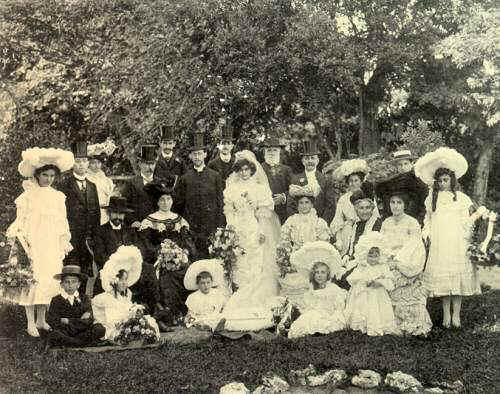
|
Southern Africa Jewish Genealogy
|
| Editor: Dr Saul Issroff
Copyright © 1999 Saul Issroff, Mike Getz, SAfrica SIG and Jewishgen Inc. Web-site URL: http://www.jewishgen.org/SAfrica
|
Specific information about individuals or communities may often be obtained from the South African Jewish Board of Deputies. The Board controls cultural, educational, religious and social activities. They will arrange for publication of a family query in the Jewish press at no charge. Synagogue records can provide a wealth of information. Synagogues and communal records include:
Many communities have ceased to exist and their records can be found in the Board of Deputies Library or the Kaplan Centre, Cape Town. Religious Institutions: Orthodox : The Office of the Chief Rabbi is not very helpful. However they do answer written requests for copies of marriage and divorce certificates. (United Hebrew Congregation) There is also a strong Lubavich movement and smaller Sephardi and Masorti congregations. There are 48 Orthodox Religious groups listed in Johannesburg. Reform communities keep separate records. Reform in South Africa is similar to Conservative in Great Britain. (United Progressive Jewish Congregation of Johannesburg). Many Jews remain with a strong identity but outside the religious net. Intermarriage is very common, but emigration is the main limiting factor to population growth. |
below for | |
page | |
menu | |
JewishGen |
